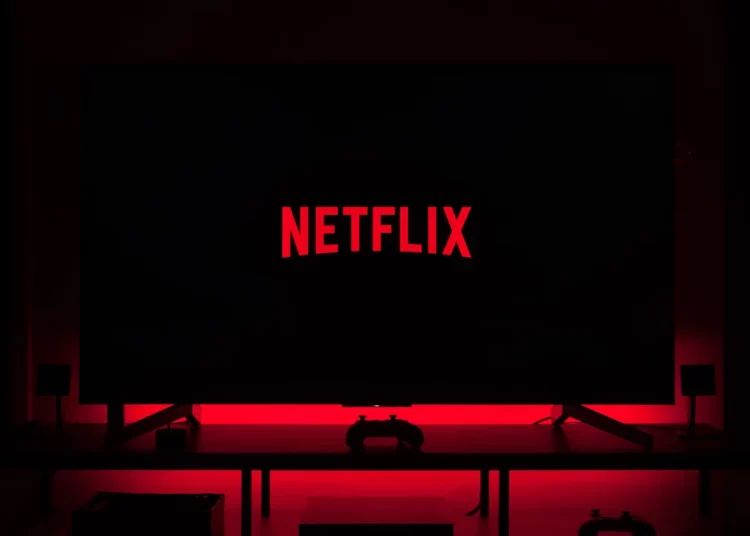Despite reports from three publications suggesting Netflix is exiting the Nigerian market, the global streaming giant has firmly denied these claims, insisting it will continue to invest in Nigerian content.
The speculation was fueled by comments from Nigerian filmmaker Kunle Afolayan, who spoke at the 2024 Zuma International Film Festival.
Afolayan claimed Netflix canceled several films it had previously commissioned from unnamed filmmakers.
“Three years ago, when we signed the three-film deal with Netflix, it was really exciting,” Afolayan said.
The filmmaker went on to share that despite the stellar performance of those movies globally, Netflix seemed unimpressed by their returns in Nigeria.
“Thank God we had shot seasons two and three of ‘Anikulapo’ because all the other people that were commissioned with us at the same time were canceled,” Afolayan had said.
However, he did not explicitly state that Netflix was exiting the Nigerian market, although his remarks will rightly drive speculation that the streaming platform is retreating from the country.
This speculation is not entirely unfounded as Amazon Prime, another major streaming service, exited Nigeria in January 2024, one year after huge marketing campaign and a slate of original Nigerian productions.
However, in a statement to TechCabal on Wednesday, a Netflix spokesperson reaffirmed the company’s commitment to Nigeria, saying, “We are not exiting Nigeria. We will continue to invest in Nigerian stories to delight our audience.”
The spokesperson did not immediately address Afolayan’s claims about canceled projects.
Still, Wednesday’s conversation and social media reactions highlight growing uncertainty around Netflix’s long-term strategy in Nigeria, where rising inflation and currency devaluation have pressured consumer spending power.
Netflix has struggled to capture a large share of Nigeria’s competitive streaming market, which is dominated by the more affordable Showmax, a service operated by Multichoice.
Netflix currently priced at ₦7,000 ($4) per month remains a luxury for many Nigerians, especially as inflation and naira devaluation erode purchasing power.
With local players continuing to outperform in pricing, Netflix’s ability to maintain its position in the region could become increasingly challenging.
Netflix’s relationship with Nigeria dates back to 2016 when it began licensing high-profile local films.
Since 2016, it has poured over $23 million into Nigeria’s film industry, backing over 250 locally licensed titles, co-productions, and original commissions.
Lionheart, The Wedding Party 2, and King of Boys are some of its most recognisable titles.
In 2020, the streaming service signed multi-title deals with prominent Nigerian producers like Mo Abudu’s EbonyLife Productions.
In 2021, it expanded its partnership with Kunle Afolayan, signing a deal for three films, including an adaptation of Sefi Atta’s Swallow.





